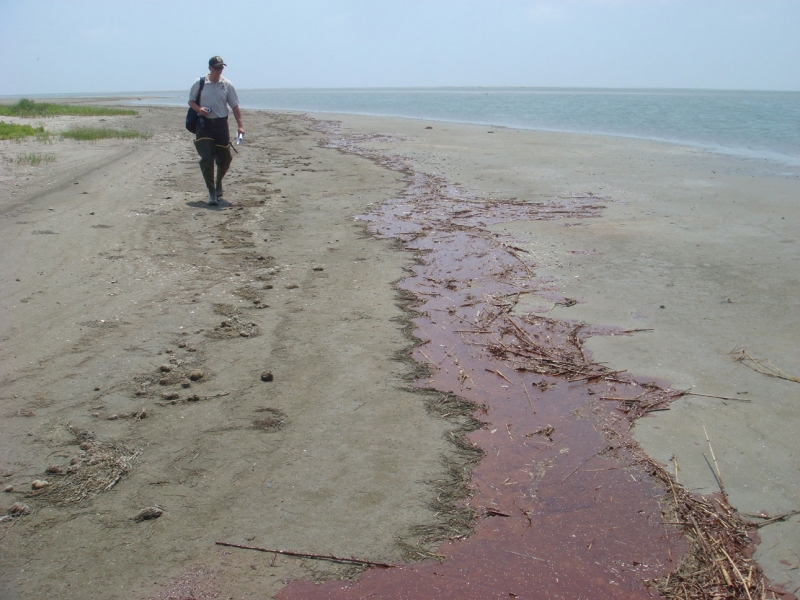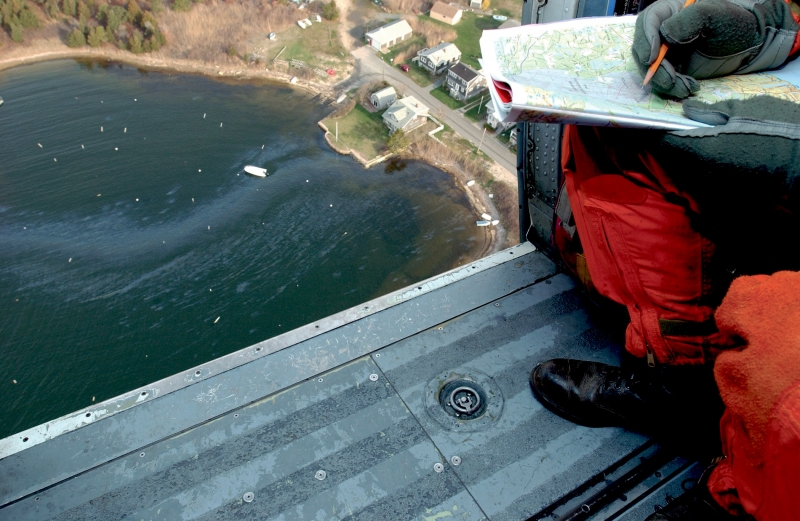
Since the Deepwater Horizon disaster occurred in 2010, the Gulf of Mexico has received much of the attention focused on the impacts of oil spills. Researchers have meticulously studied how spills affect the region, from public health effects, to social disruption, to economic impacts. However, oil spills occur throughout the country, with different areas facing unique issues and concerns. To improve preparedness for oil spills in additional communities, the Gulf Research Program of the National Academies of Sciences, Engineering, and Medicine is collaborating with the Sea Grant Oil Spill Science Outreach Program on a series of workshops in coastal regions across the country.
Between fall 2018 and winter 2019, workshops will be held in five coastal regions of the United States: the western Gulf of Mexico, the eastern Gulf of Mexico, the West Coast, the mid-Atlantic, and Alaska. At the events, existing knowledge about the impacts of oil spills will be combined with the perspectives and experiences of a variety of local audiences, including the oil spill response and public health sectors, elected officials and community leaders, industries and groups directly impacted by spills, social workers, scientists, and educators.
The events are being organized in response to a prior workshop, held by the National Academies in August 2017, which identified opportunities to improve the protection of community health and well-being from oil spills. The regional workshops focus on addressing two of the four broadly defined opportunities identified in that original workshop: (1) improving communications and building trust, and (2) improving understanding of oil spill science, impacts, and mitigation strategies.
Although attendees will discuss lessons learned, the primary focus is to prepare communities for future spills. Activities will include listening to those directly affected by spills, identifying needs and priorities for improving preparedness, promoting networking among groups who may not have previously interacted, and identifying resources to address gaps. When the workshops are completed, participants should have an increased understanding of the health, social, and economic impacts of oil spills, as well as a set of clearly articulated research and outreach priorities on both a regional and national level. The workshops will also lay the foundation for potential follow-up activities and future funding opportunities that support research, outreach, or pilot projects related to oil spills.
Both the Gulf Research Program and the Sea Grant Oil Spill Science Outreach Program are uniquely suited to support this type of opportunity. Founded in 2013, the Gulf Research Program is an independent, science-based program at the National Academies established as part of legal settlements with the companies involved in the Deepwater Horizon disaster. The program has $500 million for use over 30 years to fund grants, fellowships, and other activities that enhance offshore energy system safety and protect human health and the environment by catalyzing advances in science, practice, and capacity to generate long-term benefits for the Gulf of Mexico region and the nation.
Meanwhile, the Sea Grant Oil Spill Science Outreach Program is a partnership between Florida Sea Grant, Mississippi-Alabama Sea Grant Consortium, Louisiana Sea Grant, and Texas Sea Grant. Backed by the Gulf of Mexico Research Initiative, the program is an extension and outreach effort to increase the use of oil spill science by people whose livelihoods depend on a healthy Gulf.

As part of the national NOAA Sea Grant network, the program has access to the network’s more than 50 years of expertise in supporting coastal communities, including research, extension, and education resources. To carry out the workshops outside of the Gulf region, the Sea Grant Oil Spill Science Outreach Program will be partnering with Alaska Sea Grant, University of Southern California Sea Grant, and Virginia Sea Grant.
With these collaborations, all of our programs are able to leverage the skills, expertise, and resources of the others, resulting in a comprehensive and meaningful opportunity. Working together allows us to reach an expanded network of audiences in new locations, share the knowledge and strengths of our respective networks of experts, and provide access to additional resources that will help support high-quality, effective workshops.
Interested in participating in one of the regional workshops? Details will be posted on the Sea Grant Oil Spill Science Outreach Program website as they become available.
